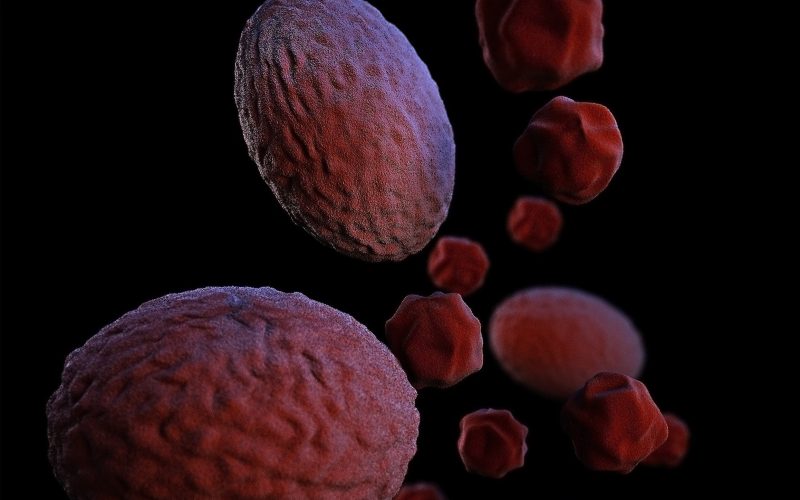Are you tired of getting sick? Do you want to protect yourself and your loved ones from deadly diseases? Look no further than vaccines! Despite some misinformation out there, vaccines are a crucial tool in preventing illness and saving lives. In this comprehensive guide, we’ll cover everything from the science behind how vaccines work to the importance of herd immunity. So sit back, relax, and get ready to learn why vaccines should be top of mind for everyone looking to stay healthy.
What are vaccines?
Vaccines are one of the most important tools we have to prevent serious illnesses. They work by protecting people from diseases that can cause serious harm or even death. Vaccines are very effective at preventing illnesses, and they are usually safe.
Most vaccines are given to children before they start school. This is because young children are more likely to get sick from diseases than adults. Vaccinating children helps protect them from diseases and also helps keep the community healthy.
Vaccines are not just for children. Adults need vaccines too. For example, there are vaccines for influenza (the flu) and shingles (a painful rash). Adults should also get a tetanus shot every 10 years.
Some people worry that vaccines might cause side effects or even harm their health. However, most side effects from vaccines are minor, such as a sore arm or mild fever. Serious side effects from vaccines are rare.
Why are vaccines important?
Vaccines are important for preventing illness because they help the body build immunity to diseases. When a person is vaccinated, their body is injected with a “dead” or “modified” form of the virus. As that person’s immune system fights off the “invader,” the individual builds immunity to the disease. Vaccines also help protect people who can’t be vaccinated, such as infants and those with weakened immune systems, by creating “herd immunity.” Herd immunity occurs when enough people in a community are vaccinated against a disease that it becomes difficult for an outbreak to occur because there aren’t enough susceptible individuals for the disease to spread.
How do vaccines work?
Vaccines work by protecting people from diseases. They work by injecting a person with a “dead” or “modified” form of the virus. As that person’s immune system fights off the “dead” virus, the immune system is also preparing to fight the live, or actual, virus. If you are ever exposed to the disease, your immune system is primed and ready to fight it off, because it has done so before.
What are the side effects of vaccines?
The most common side effects of vaccines are mild and include pain and redness at the injection site, as well as fever, malaise, and headache. More serious side effects are rare and may include allergic reactions (including anaphylaxis) or Guillain-Barré syndrome.
Are there any risks associated with vaccines?
Yes, there are risks associated with vaccines. However, these risks are usually very mild and go away on their own. The most common side effects of vaccines are soreness or redness where the shot was given. You may also have a low-grade fever. These side effects usually last one to two days. More serious side effects from vaccines are rare. They may include allergic reactions, which can be life-threatening. If you have a history of allergies or if you’re pregnant, be sure to talk to your doctor before getting vaccinated.
Why are some people against vaccines?
Some people believe that vaccines are not necessary because they think that the illnesses they prevent are not that serious. Others believe that vaccines cause more harm than good because of the potential for side effects. Some people also believe that natural immunity is better than immunity acquired through vaccination.
Conclusion
Vaccines are essential for preventing illnesses, both serious and mild. By understanding why it is important to be vaccinated, you can help protect yourself and your loved ones from diseases that could be deadly. With this comprehensive guide, we have outlined the most common reasons why vaccines are so important in order to keep us safe from harm. Remember – vaccinations ensure our health and well-being now and in the future, making them a crucial part of public health policy.












